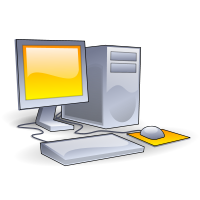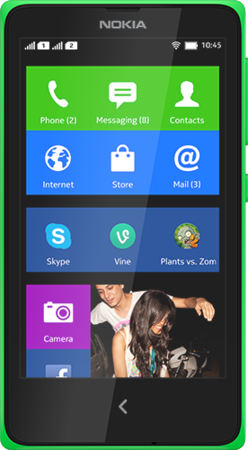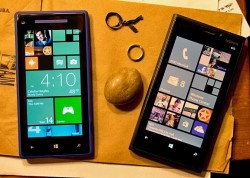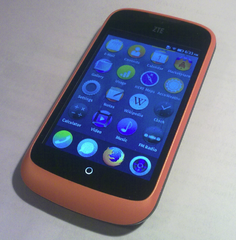The other day my colleague, friend and sometimes partner-in-crime, Ken Starks, published an article here on FOSS Force on one of his favorite gripes: things that don’t work right in Linux. This time he was complaining about a font issue in Mint when using KDE. This is nothing new from Ken. In the past he’s written other articles about broken aspects of various Linux distros that never seem to get fixed. It’s his contention that these “small” bugs, which remain unfixed release after release after release, are largely responsible for desktop Linux’s failure to take hold with the general public.
He might be right.
For Christmas I bought my roommate a new second generation Nexus 7 tablet running Android, an OS built around the Linux kernel. It “just worked,” out of the box, with no tweaking necessary. During the last seven months she’s used it for hours daily. As far as I know, she’s found no glitches that require fixing. I’m reasonably certain I’d know if she did, since the main reason I gave her the Nexus to begin with was because I had tired of trying to keep her Windows laptop running to her satisfaction. She has no trouble telling me when her computer goes kaput, and she always wants it fixed right now. Facebook waits for no one, you know.
I point this out because Linux has all but taken over the tablet and phone end of the computing spectrum. Apple makes plenty of money with the iPhone and iPad, but that’s due to their high prices. In market share, they lag far behind Android devices. And Microsoft has proven that Windows isn’t the unbeatable giant it was once thought to be. Even with massive money spent on television ads and conspicuous product placement in nearly every scripted drama on CBS, mobile devices running Windows remain a mere asterisk when looking at market share.
Christine Hall has been a journalist since 1971. In 2001, she began writing a weekly consumer computer column and started covering Linux and FOSS in 2002 after making the switch to GNU/Linux. Follow her on Twitter: @BrideOfLinux


 It’s hard to remember that it wasn’t that long ago that we only had a couple of choices to meet our computing needs. As recently as 2007, the year before Obama was elected, someone looking for a new computer basically could choose between a desktop or a laptop. In mobile, Research In Motion offered the Blackberry, which candidate Obama was famous for using — and still uses.
It’s hard to remember that it wasn’t that long ago that we only had a couple of choices to meet our computing needs. As recently as 2007, the year before Obama was elected, someone looking for a new computer basically could choose between a desktop or a laptop. In mobile, Research In Motion offered the Blackberry, which candidate Obama was famous for using — and still uses.






